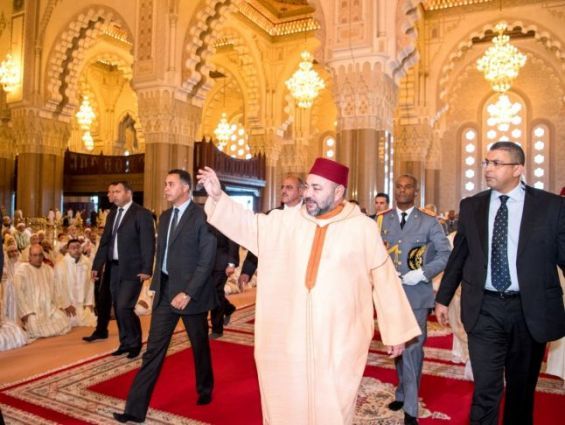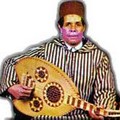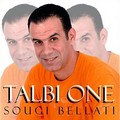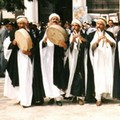Who are the leaders who embody Islam in Muslim countries in the Middle East and in North Africa? This question was answered by the James A. Baker III Institute for Public Policy, an American think tank on the campus of Rice University in Houston, Texas. The Study made public in March, covers 12 countries in both regions.
The findings liked to religious authority in Morocco rely heavily on data collected through 2,990 respondents. Titled «Royal Religious Authority: Morocco’s “Commander of the Faithful"», the study concluded that monarchy in the Kingdom couldn’t «centralize» religious authority. The American institute refers to the role played by both the late King Hassan II and his son King Mohammed VI.
«Although Hassan II and his son Mohammed VI have worked to centralize religious authority in the person of the king, other sources of religious authority continue to compete with the Commander of the Faithful», stated that study, referring to «Islamist groups and political parties, as well as Sufi and Salafi religious leaders».
«70% of respondents said they trust King Mohammed VI’s religious authority»
According to the same study, King Hassan II faced the same «challenges». The King’s religious authority was challenged by «the banned Islamist group al-‘Adl wa al-Ihsan (Justice and Charity)».
«The group rejected the political and religious legitimacy of the king, calling instead for Islamic government», pointed out the American study, explaining that after the death of Abdessalam Yassine, the founder of the group, the new leader Mohammed Abbadi «lacks his predecessor’s charisma».
The author of the study believes that the Justice and Development Party (PJD), an Islamist political party, is another «source of competition» in the Kingdom, referring to the 2011 general election which allowed the party to head the government.
A chapter in the Baker institute study shed lights on what Moroccans think of religious figures and leaders in the country. Moroccan respondents were asked : «On a scale of 1 to 5, please tell us how much you trust each of the following individuals as an authority on matters of faith and Islamic practice».
The submitted answers show that «King Mohamed VI represents the most trusted figure». «70 percent of respondents signaled that they "Trust” or "Completely trust” the king on religious matters», the same study revealed.
The least trusted religious figure in Morocco is PJD Prime Minister Saadeddine El Othmani. In fact, 43 percent of those who responded said that they «do not trust» their Prime Minister. When it comes to al-‘Adl wa al-Ihsan, 55% of respondents said that they do not know Mohamed Abbadi, the current leader of the group.





 chargement...
chargement...













